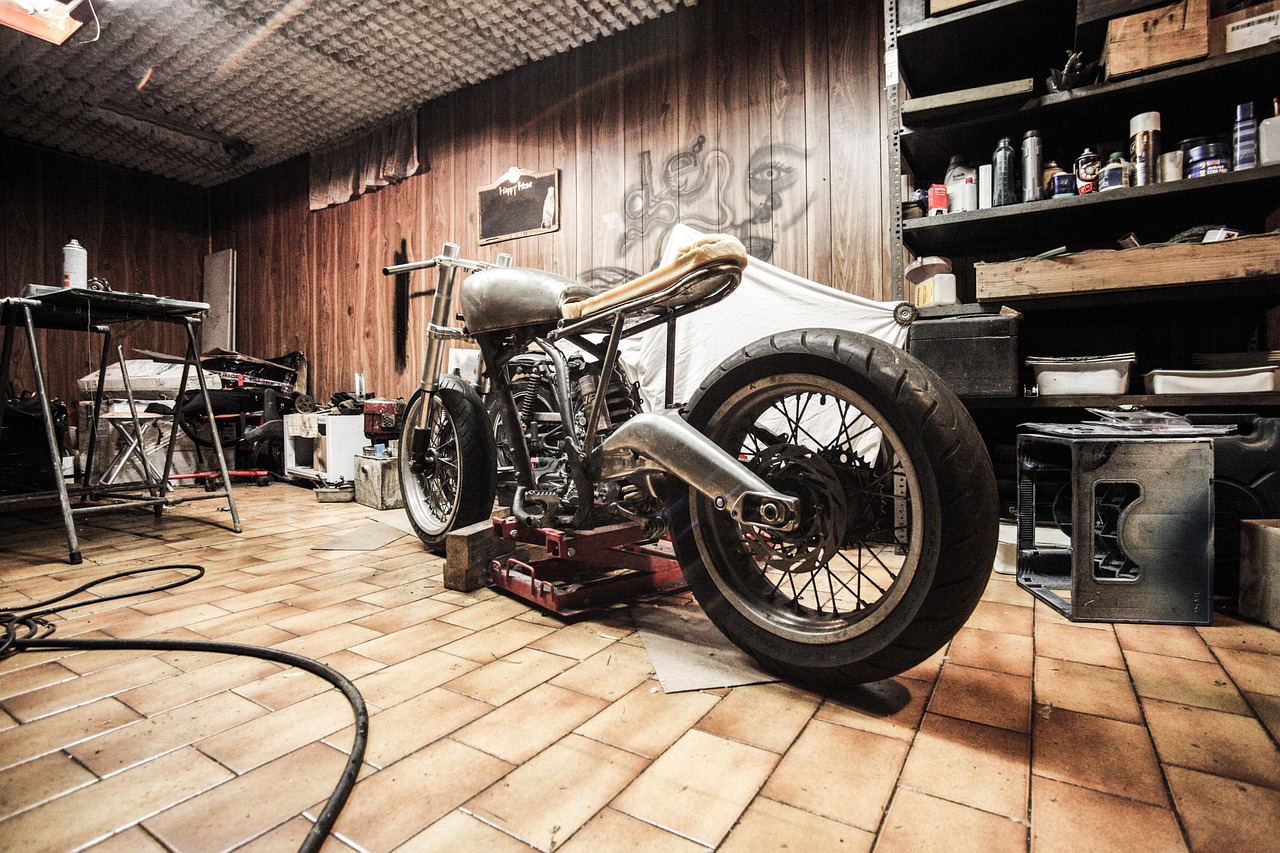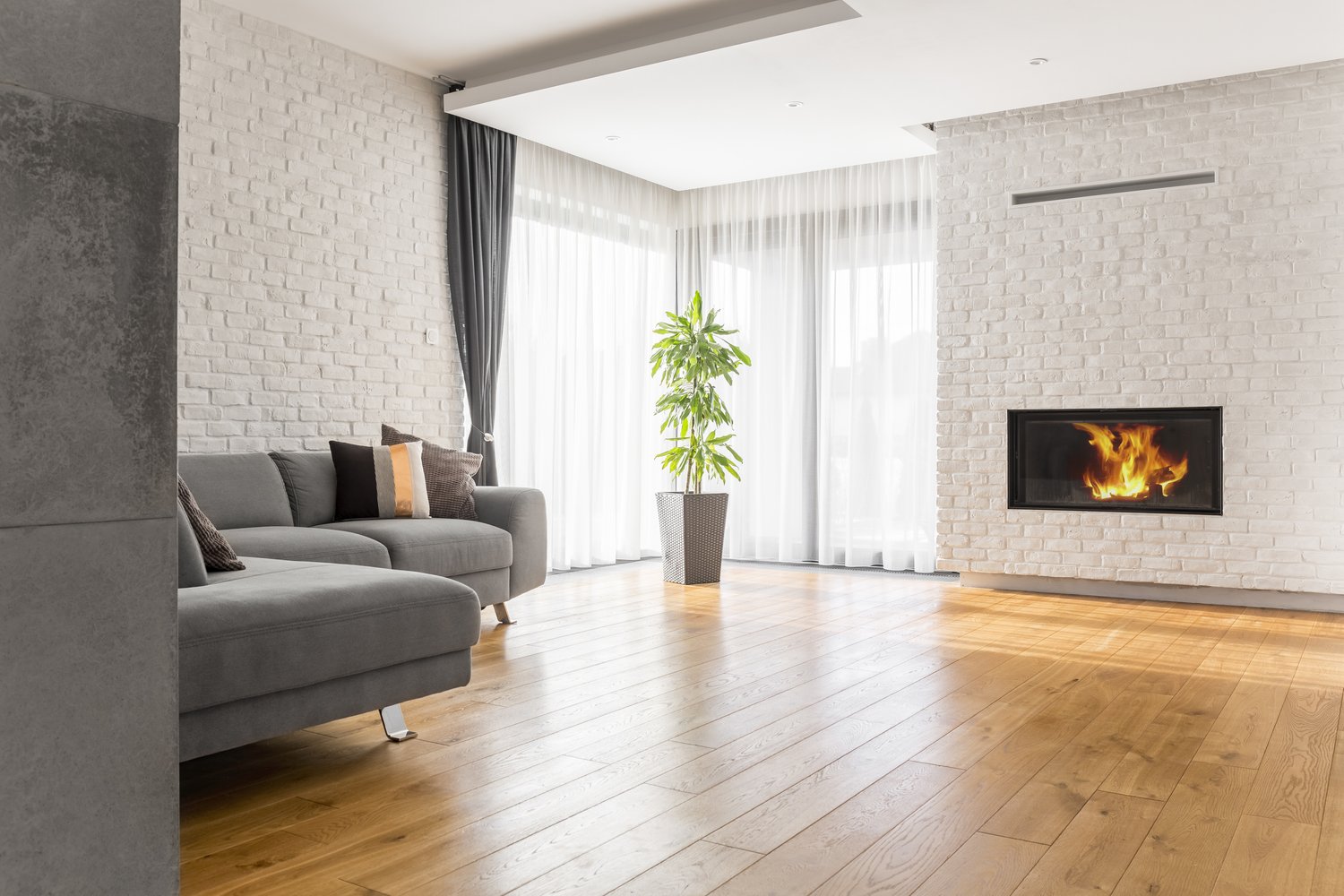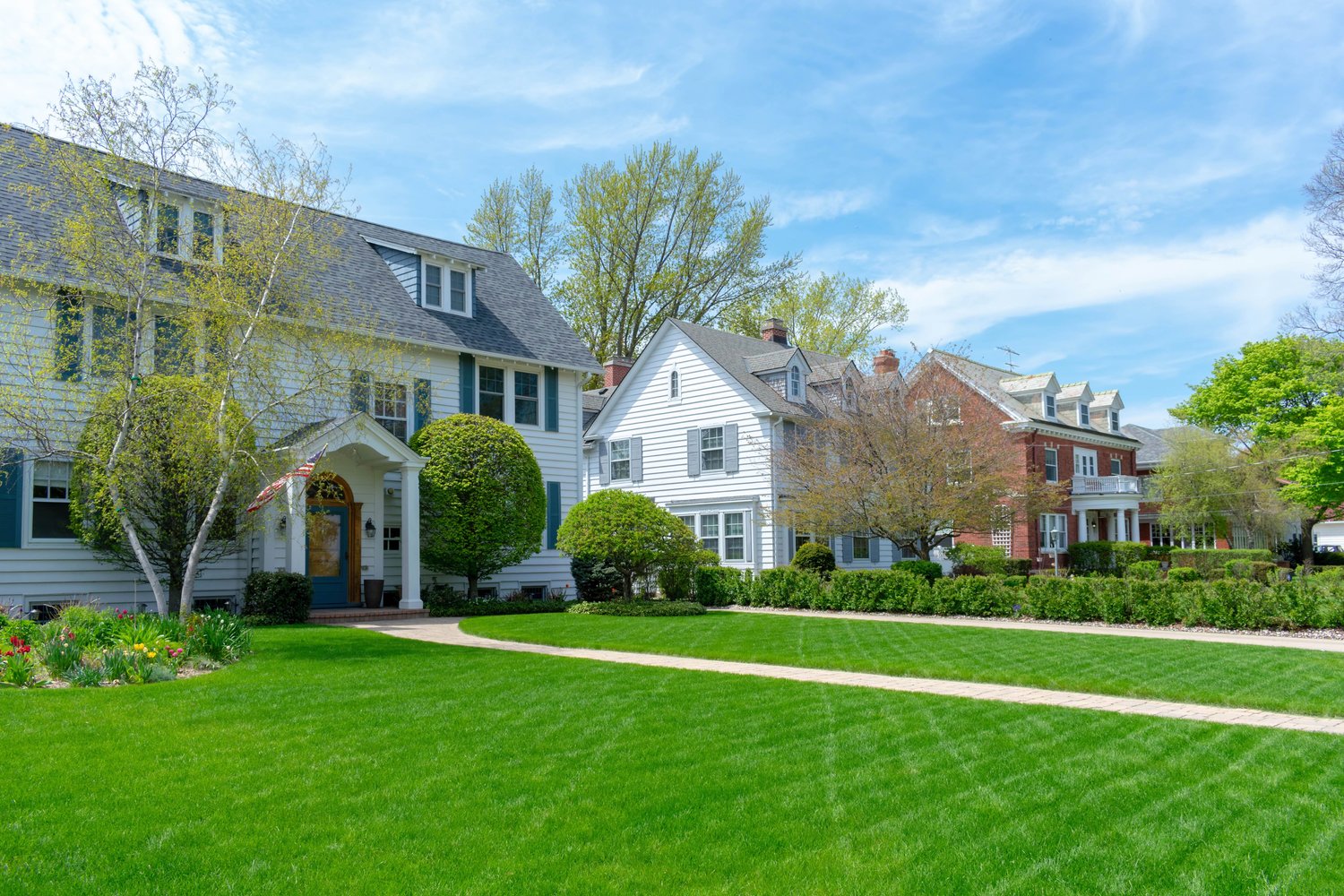While epoxy has long dominated the garage flooring market, homeowners today have access to a variety of alternatives that offer unique benefits. From interlocking tiles that provide cushioning and drainage to roll-out mats that offer quick installation, and concrete paint or sealers that deliver cost-effective protection, the options are plentiful. This article explores these garage flooring options, comparing tiles, mats, and paint solutions to help you determine which best suits your needs, budget, and installation preferences.
Interlocking Garage Floor Tiles
Interlocking garage floor tiles represent one of the most versatile and popular epoxy alternatives available today. These modular pieces snap together without adhesives, creating a durable surface that can withstand heavy loads and resist damage from automotive fluids. Most interlocking garage floor tiles are made from rigid PVC or polypropylene, offering excellent resistance to chemicals, oil, and gasoline that might otherwise stain concrete.
A comprehensive interlocking garage floor tiles review reveals several advantages. First, they allow for easy DIY installation without special tools or professional help. Second, if a tile becomes damaged, you can replace individual sections rather than redoing the entire floor. Third, these tiles provide a thermal and sound barrier not found with paint options. Many homeowners appreciate the customization possibilities as tiles come in various colors and patterns, allowing for creative designs and borders.
The cost of interlocking garage floor tiles typically ranges from $2.50 to $8 per square foot, depending on material quality and thickness. While this represents a higher initial investment compared to paint options, many homeowners find the longevity and ease of maintenance justify the expense. Premium polypropylene tiles can last 20+ years with minimal maintenance, making them a long-term flooring solution according to experts at AskHomey, where homeowners can find recommendations for quality garage renovation products.
Roll-Out Mats and Coverings
Roll-out mats offer perhaps the simplest garage flooring solution, requiring virtually no installation expertise. These mats are available in vinyl, rubber, or polyvinyl compositions and come in large rolls that can be cut to fit your garage dimensions. The primary appeal is the straightforward installation—simply unroll, cut if necessary, and your floor is protected.
Garage flooring options comparison shows that roll-out mats excel in temporary situations or for renters who can’t make permanent modifications. They provide immediate protection from oil spills and mechanical fluids, while also adding a layer of comfort underfoot. For homeowners working on vehicles or standing for long periods in the garage, the cushioning effect proves invaluable for reducing fatigue.
Price points for quality roll-out mats generally fall between $1.50 and $4 per square foot. The lower end typically features thinner materials suitable for light-duty applications, while premium products offer enhanced durability for workshop environments. Most roll-out solutions can be cleaned with a hose and mild detergent, making maintenance straightforward compared to bare concrete.
Concrete Paint and Sealers
For budget-conscious homeowners, concrete paint and sealers remain popular garage flooring options. Unlike standard house paint, garage-specific concrete paint formulations contain additives that enhance adhesion to concrete surfaces and provide resistance to hot tire pickup, a common issue where tires leave marks on freshly painted surfaces.
Concrete floor sealers come in two main varieties: topical and penetrating. Topical sealers create a protective film on the concrete surface, while penetrating sealers soak into the concrete to form a chemical barrier against moisture and stains. Both types significantly improve the concrete’s resistance to chemicals, water, and wear, though penetrating sealers won’t change the appearance of your floor as dramatically as paint options.
The application process for concrete paint typically involves thorough cleaning, etching the surface to improve adhesion, applying a primer, and then adding 1-2 coats of garage floor paint. A concrete floor sealer application follows a similar preparation process but generally requires fewer coats. Most DIY-friendly products cost between $0.50 and $3 per square foot, including materials, making this the most economical option in our garage flooring options comparison.
Making the Right Choice for Your Garage
Selecting the ideal garage flooring ultimately depends on your specific priorities. If budget is your primary concern, concrete paint or sealers offer the most economical solution. For maximum durability and customization, interlocking garage floor tiles deliver outstanding performance despite higher initial costs. When ease of installation takes precedence, roll-out mats provide immediate protection with minimal effort.
Consider your garage’s primary function when making your decision. For workshops where tools might be dropped, tiles offer better impact resistance. For garages in cold climates, mats provide insulation from cold concrete. For spaces where appearance matters most, painted concrete with a high-gloss sealer creates a showroom-quality finish that enhances your home’s value.
Whichever option you choose, upgrading your garage floor not only improves its appearance but also provides practical benefits including easier cleaning, enhanced safety, and protection for the underlying concrete. The investment in quality garage flooring pays dividends in both functionality and aesthetics for years to come.
For more tips and to connect with reliable home service professionals, follow AskHomey on Facebook and Instagram.



